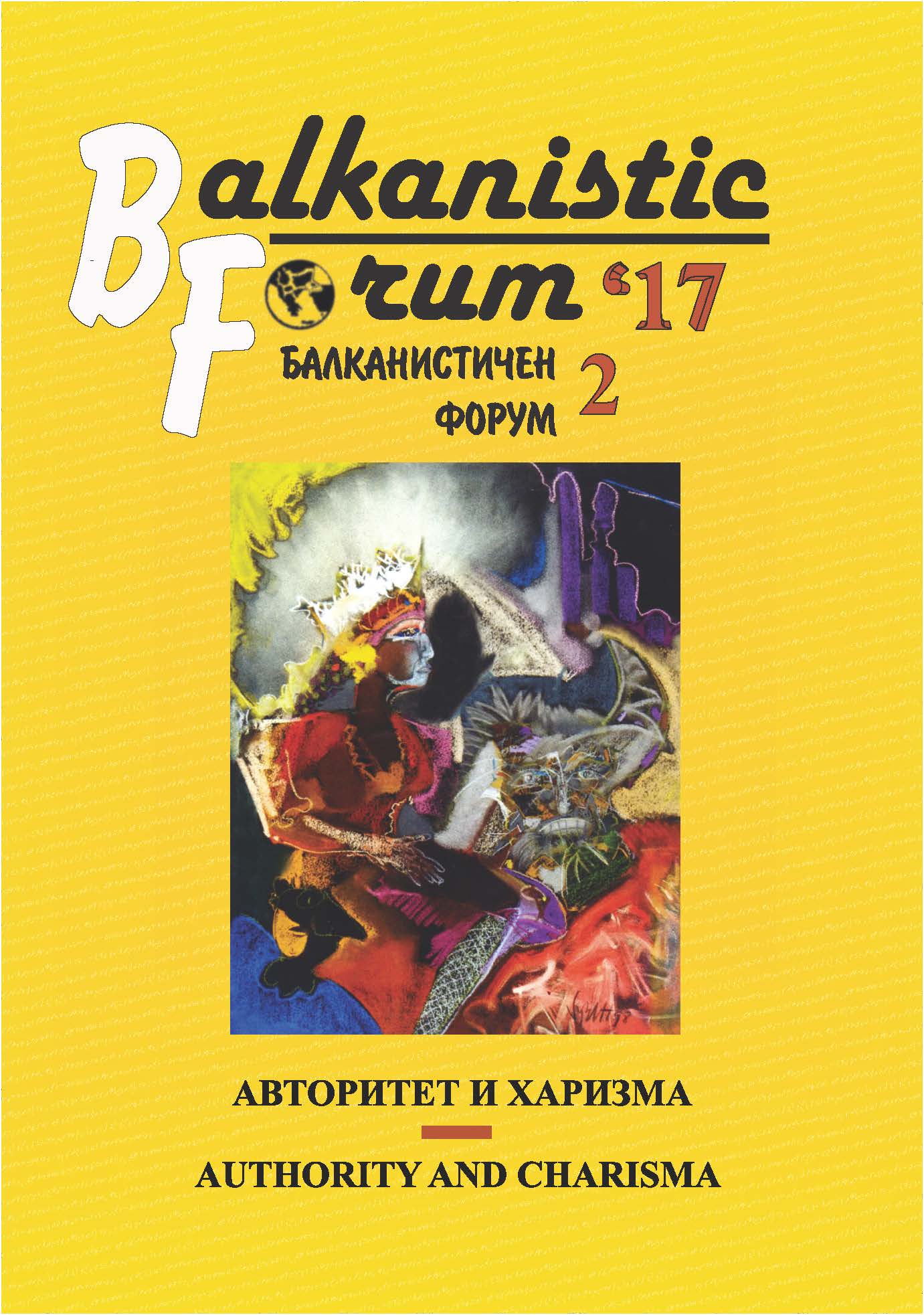In a Search for Lodestars
In a Search for Lodestars
(The Post-war Crisis in Bulgaria – Diagnosis, Criticism, Resolution)
Author(s): Evelina KelbechevaSubject(s): History, Cultural history
Published by: ЮГОЗАПАДЕН УНИВЕРСИТЕТ »НЕОФИТ РИЛСКИ«
Keywords: Crisis; Humanistic intelligentsia; Criticism; Social responsibility; Guiding star
Summary/Abstract: The World War I and the ensuing defeat became deeply felt historical turning point and inspired an active intellectual debate about the fate of the Bulgarian nation. The authors of the texts analyzed in this article are mostly young poets, critics, scholars, and artists. These intellectuals (most of them for a long time stigmatized as “bourgeois”) I designate as the Bulgarian humanistic intelligentsia (Boyan Penev, Kon-stantin Galabov, Geo Milev, Ljudmil Stoyanov, Boris Trichkov, etc.). Regardless of the diversity of their ideas, stemming from their different backgrounds (education, party affili-ation, profession), they are united by the desire for fast and accurate response to the post-war crisis. Their common feature is the profound criticism of the social and cultural life – the sharpest expression of which was the wartime chauvinistic literature in Bulgaria and elsewhere. Let’s not forget that towering figures such as Thomas Mann, Stefan Zweig, Hen-ri Bergson, Nikolay Gumilyov, and Filippo Tommaso Emilio Marinetti were also – in dif-ferent moments – in the trap of nationalistic euphoria, and the voices of pacifists were quite rare. Another unifying component is the quest for the causes of the widespread decline. Criticism is one side of the socio-political activity of the Bulgarian intelligentsia after the war. The exit from the post-war crisis is also a matter of constant debate. It is interesting to note that time and again the post-war intellectual elite turns back to the heroes of the Bulgarian Revival as “logging stars” – Botev, Levski, and later on, the herald of Modern-ism, Slaveikov. Still, the quest for “guiding star” in the past is, in some way, nostalgic and shows a certain lack of social imagination.Only one voice – that of Boris Trichkov – sounds hopeful as he sees World War I as a turning point after which the Bulgarians will transform themselves from a “people in themselves” into “people for themselves.”
Journal: Балканистичен Форум
- Issue Year: 2017
- Issue No: 2
- Page Range: 66-89
- Page Count: 24
- Language: English
- Content File-PDF

